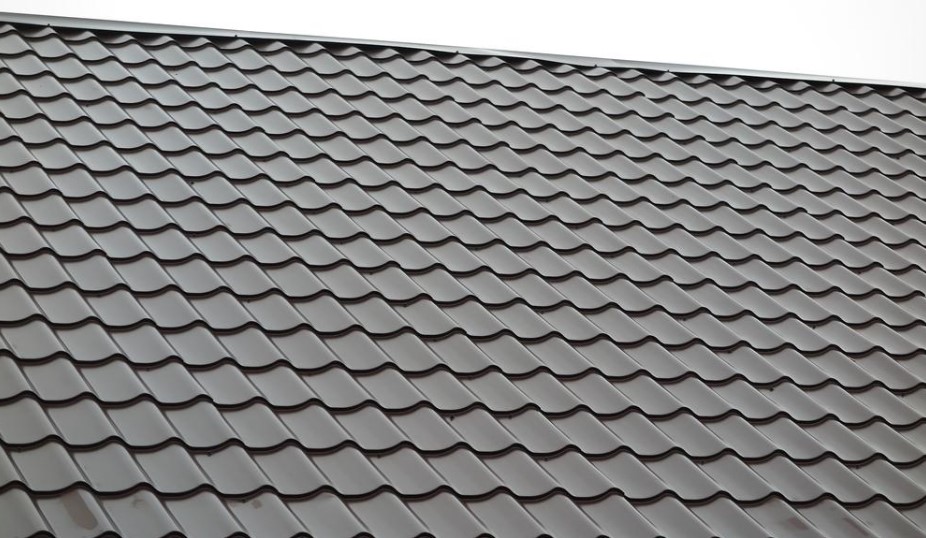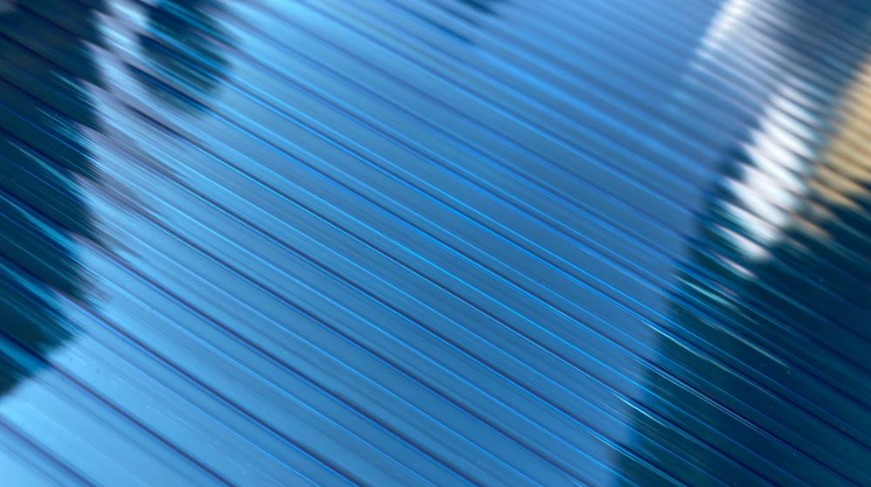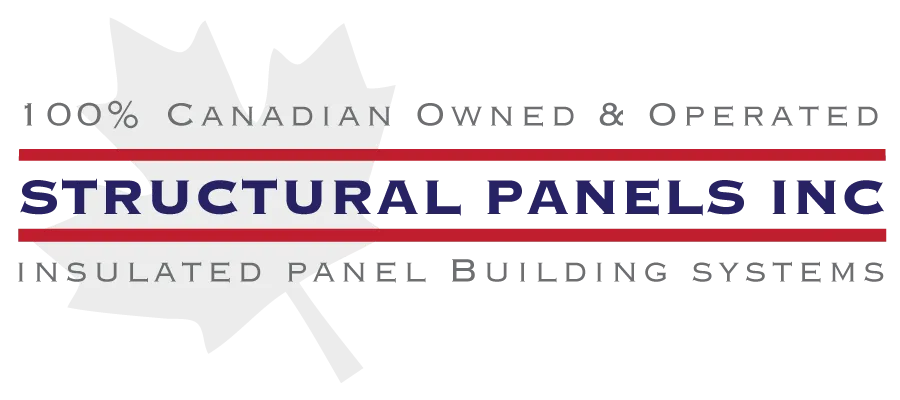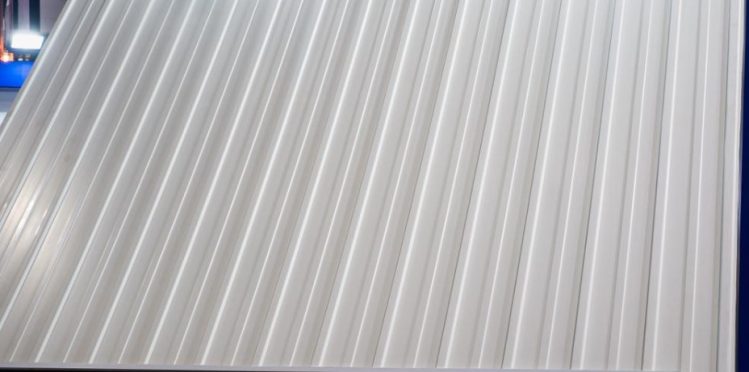An ever-growing number of commercial buildings are designed with PVC and polycarbonate roof panels. We have written an in-depth guide to help you learn which of these two types of roofing materials is the superior choice.
We will not only describe the advantages and disadvantages of choosing each type of roof panel but also answer some frequently asked questions about either type of roofing material. If you are unsure if PVC roof panels or polycarbonate roof panels are right for your roofing project, you have come to the right place!
What Are PVC Roof Panels, and What Advantages Do They Offer?
PVC is a shorthand name for polyvinyl chloride, a plastic substance made from a unique combination of chlorine and ethylene.
PVC as a material offers a wide range of unique benefits over other types of materials. For starters, a PVC panel is 100 percent waterproof, which, as you can imagine, is a handy feature for roofing material.
Not only is PVC resistant to leaks and moisture damage, but it is also relatively resistant to fire damage. Again, this makes it a very suitable roofing material for commercial buildings where manufacturing processes present a fire risk.
PVC is also very easy to stamp or mold into various shapes and sizes, making it easy to match PVC roof panels to just about any type of job. PVC roof panels are also available in multiple colors, so it is easy to match the panels to a look for branding purposes.
More importantly, purchasing PVC roof panels with highly reflective surfaces resistant to UV rays is possible. This is incredibly important, as it can help reduce temperatures within a building. A reflecting PVC roofing surface can be a significant advantage for those looking to cut energy costs.
Thanks to the fact that it also offers an incredible weight-to-strength ratio, it is also ideal for building durable plastic roof panels that are lightweight enough to be positioned easily. It is also resistant to punctures and tears, so the panels usually have an impressive lifespan. It is not uncommon for PVC roof panels to last 30 years. Even when repairs are needed, it is easy to repair and replace individual panels.
Summary of the Benefits of PVC Roof Panels
- Incredibly durable, so it has a long service life
- Resistance to fire, wind, moisture, corrosion, and various types of chemicals
- Relatively eco-friendly due to its recyclability
- Relatively easy to install due to its lightweight design and ability to be cut to any shape
- Can reflect heat and UV rays, which reduces energy costs in warm climates
What Are the Drawbacks of Choosing PVC Roof Panels?
Despite the numerous benefits of choosing PVC roof panels, they can be somewhat expensive compared to some lower-quality alternatives. PVC roof panels also work much better if positioned on a perfectly flat surface, which can come with some added labor costs if the current roof is uneven.
Unfortunately, PVC roof panels are not great in cold environments, as the material can become somewhat brittle. With that said, the acceptable temperature range is -58° F (-50° C) up to 347° F (175° C), so you are talking about some extremely cold temperatures before this becomes an issue.
Overall, the pros certainly outweigh the cons, so PVC roof panels are an excellent choice, especially if the panels are purchased from a reputable manufacturer.

What Are Polycarbonate Roof Panels, and What Advantages Do They Offer?
Polycarbonate is an incredibly durable type of thermoplastic. Like PVC roofing panels, polycarbonate roofing panels are becoming incredibly popular, especially for commercial and industrial buildings.
The critical benefit of polycarbonate roofing panels is their exceptional strength and resilience to impact damage. To say polycarbonate roof panels are strong is an understatement, as they are almost unbreakable. Certain polycarbonate materials are even used to make riot shields for police officers.
Despite the incredible strength of the material, polycarbonate is also relatively lightweight. As with PVC plastic panels, polycarbonate roof panels’ lightweight nature helps cut shipping and handling costs. It also means that they are fairly easy to work with, which is a major benefit during installation.
Like PVC roof panels, polycarbonate roof panels are also safe to use in a wide range of temperatures. Polycarbonate panels also hold up well to the elements, as they are resistant to moisture. While PVC roof panels have a higher waterproof rating, polycarbonate roof panels hold up very well to rain, snow, and even hail.
Summary of the Benefits of Polycarbonate Roof Panels
- Incredibly durable, especially against impact damage
- Impressive UV ray blocking qualities, which can help in hot climates
- Lightweight design makes it easier to handle than heavier alternatives
- Good resistance to moisture
- Can withstand harsh temperatures
What Are the Drawbacks of Choosing Polycarbonate Roof Panels?
Like PVC roof panels, there are not too many disadvantages when installing polycarbonate panels. With that said, they tend to become discolored after being exposed to sunlight for several years. While this is not a major issue for industrial applications, it explains why polycarbonate roof panels are rarely used for residential buildings.
The polycarbonate material is also very susceptible to scratching. While it is strong enough that the scratches are rarely more than cosmetic, it is still an issue worth considering. The susceptibility to abrasions, combined with the material’s fading issues, means that these roof panels can look old and dull much faster than others.
For purely industrial applications, these issues are fairly insignificant; however, it can be an issue for commercial buildings that will be frequented by customers and clients.
In some cases, the severity of these issues is reduced with an anti-scratch surface coating. Overall, polycarbonate roof panels are a perfectly suitable option that will continue to grow in popularity over the next few years.

PVC vs Polycarbonate Roof Panels – Which Should You Choose?
Whenever you are choosing a roofing material, you need to consider your own unique needs, as well as your budget. While PVC and polycarbonate roof panels offer numerous advantages over other roofing materials, it can be difficult to recommend one without first assessing your specific situation and needs.
At Structural Panels Inc., we can work with you to find the perfect type of panels for your jobs. If you are interested in learning more about our products or have questions about the right types of roofing or wall panels for your project, you can reach out to us by visiting our Contact Page.

